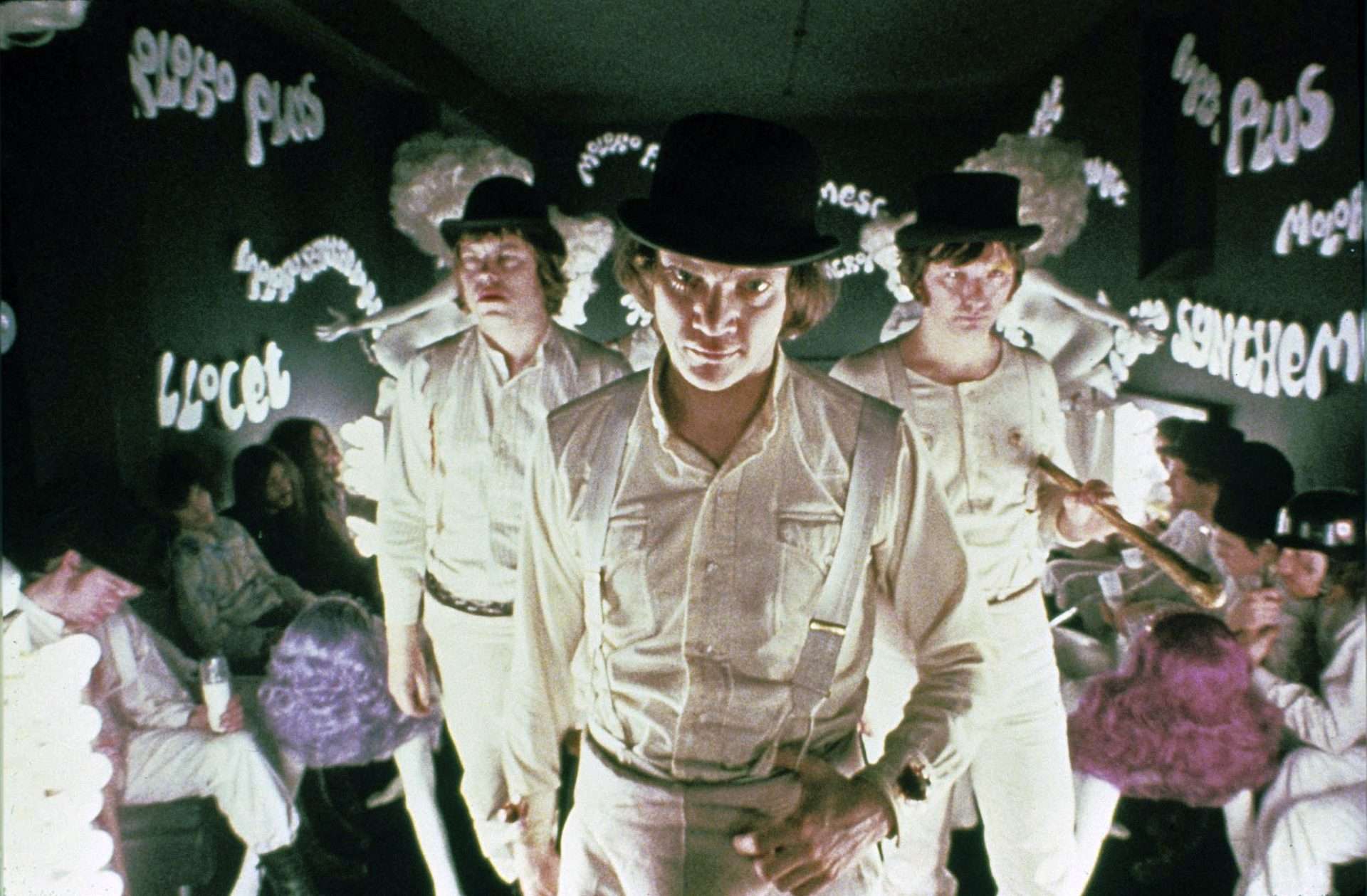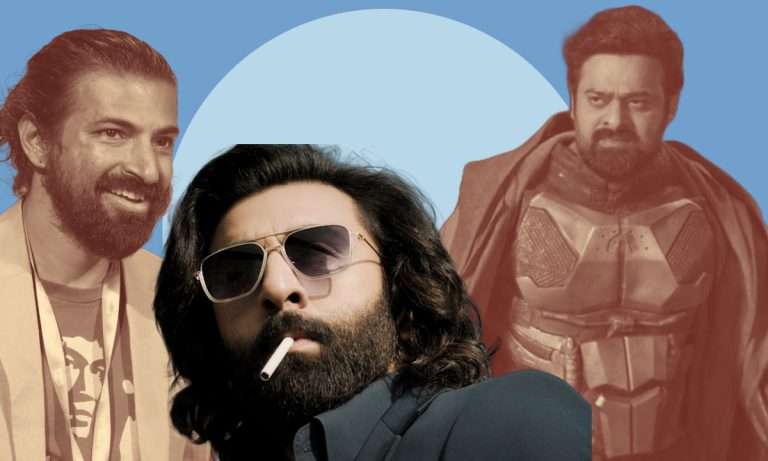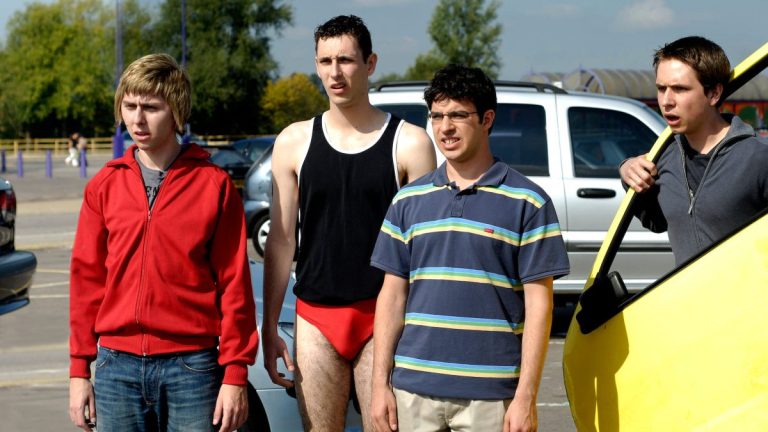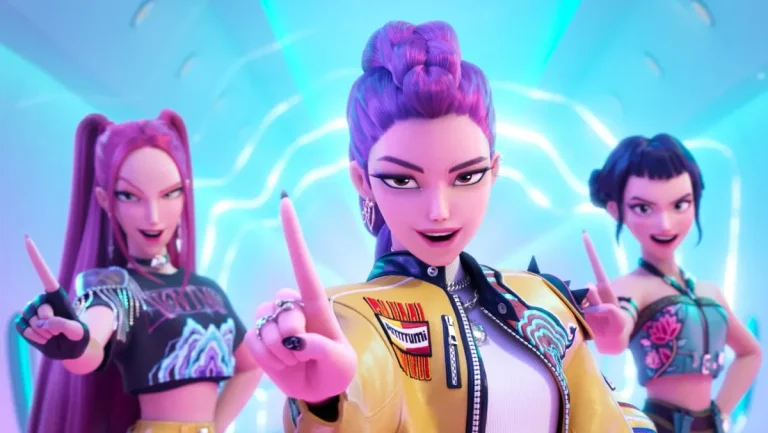Stanley Kubrick’s masterpiece A Clockwork Orange has polarized audiences since its 1971 release, as viewers wrestle with its unapologetic portrayal of violence, mind control, and moral decay. Today, it’s seen as a daring piece of cinema and a powerful social commentary. However, at the time, legendary film critic Roger Ebert saw something deeply troubling in it. Unlike Kubrick’s other works, which Ebert often praised, A Clockwork Orange struck him as little more than a “paranoid right-wing fantasy masquerading as an Orwellian warning.” He gave it two stars, baffling fans of Kubrick and shocking readers accustomed to his thoughtful critiques.
Ebert’s issues with the film began with its central character, Alex DeLarge. Alex, a teen delinquent who revels in “ultraviolence,” is violent to a point few characters on film had ever been, committing brutal acts of assault and sadism, only to later become a victim of government reprogramming. Ebert didn’t find the character complex or tragic—instead, he felt a profound disgust. In his review, he described Alex as the kind of kid who might have bullied classmates or tortured insects out of sheer malice. “I don’t know quite how to explain my disgust at Alex,” he wrote, adding that Kubrick’s filmmaking choices disturbingly encouraged audiences to sympathize with him.
Kubrick’s cinematic techniques only amplified Ebert’s distaste. He pointed out how Kubrick’s use of wide-angle lenses and framing tactics gave Alex a strange sort of normalcy while distorting the world around him, almost as if encouraging viewers to see the world through Alex’s warped perspective. For Ebert, this wasn’t just a visual choice; it was an unsettling way to draw audiences into an empathetic relationship with a violent, unrepentant character. He criticized Kubrick’s “gimmicky” perspective, saying it created a “trendy decor” around Alex rather than offering genuine insights into society’s darkness.
Ebert’s frustration with A Clockwork Orange didn’t stop with Kubrick’s portrayal of Alex. He was equally unimpressed by Kubrick’s handling of the film’s themes, which were adapted from Anthony Burgess’s 1962 novel. Kubrick’s choices, Ebert argued, warped the novel’s message. While Burgess presented Alex as a complex product of his society, Kubrick turned him into something simpler, darker, and, in Ebert’s view, exploitative. “Alex is violent,” Ebert argued, “not because of society or any larger forces—he’s violent because Kubrick needs him to be violent to make the film work.”
What especially frustrated Ebert were the film’s closing moments, which seemed to echo 2001: A Space Odyssey, another Kubrick film that culminates in an ambiguous yet awe-inspiring transformation. Here, Ebert felt Kubrick twisted that transformation into something sinister: as Alex emerges from his brainwashing “cured” and ready to embrace his former violent self, the film appears to celebrate his return to brutality. Ebert found this implication repugnant and dangerous, asking, “Does Kubrick really want us to identify with the antisocial tilt of Alex’s psychopathic little life?” To him, A Clockwork Orange didn’t challenge societal norms or critique state control; it merely invited the audience to revel in the depravity it depicted.
Also, Read – All Stanley Kubrick Movies Ranked
Ebert closed his review on a blunt note: A Clockwork Orange, despite its technical achievements, was more hype than substance—a “talky and boring” piece whose last act seemed to drag on endlessly. In a world where critics and fans alike saw Kubrick’s brilliance, Ebert stood apart, unwilling to let A Clockwork Orange off the hook. He saw it not as a moral or artistic triumph but as an indulgent spectacle, one that failed to justify its violence. Today, as audiences continue to debate Kubrick’s intentions, Ebert’s review remains a reminder that even masterpieces can inspire fierce disagreement.







